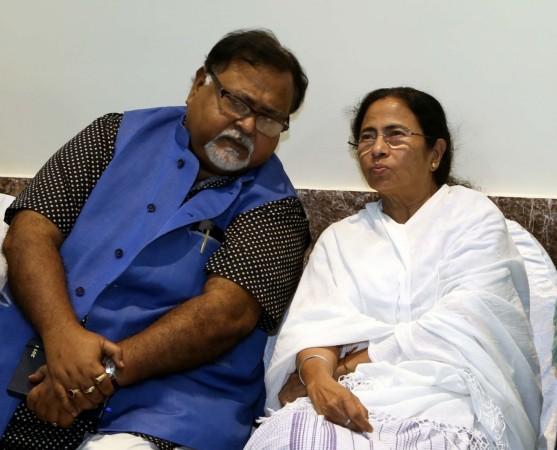
The Mamata Banerjee-led West Bengal government has decided to change the name of the state, which is seen as a vestige of the British era, which had an East Bengal to complement the West Bengal of today.
The state Cabinet took the decision to change the name recently to Bangla or Bongo in Bengali, and Bengal in English. A special session of the state Assembly will be called to consider this proposal and send it to the Central government to be brought into effect, Partha Chatterjee, the state Education Minister, said on Tuesday.
It may be noted that Bengal is referred to as "Bongo" in Bengali and Sanskrit, and Bangla in the colloquial tongue.
Read: West Bengal name change opens floodgates of jokes on social media
The name West Bengal, in its current condition, has been a major source of confusion for many, given that it is in the eastern part of India. The reason it is called West Bengal lies in the division of Bengal, as it was, in the early 1900s by the British.
They divided Bengal into two parts on the basis of religion, with the eastern one having a predominantly Muslim population, while the western one had a bigger Hindu population. The Partition of Bengal, as it came to be known, was done by then Viceroy of India, Lord Curzon, in 1905.
Although it was reunited in 1911 after a protracted struggle by not just Bengalis but Indians from other parts as well to that end, the schism remained, as did East Bengal and West Bengal. The differences resurfaced during the Partition of India in 1947, when East Bengal became East Pakistan. It would go on to achieve independence from Pakistan in 1975.
However, West Bengal's name has remained unchanged since the time it came to be, even as states like Odisha and cities like Mumbai, Chennai and even West Bengal's capital Kolkata shed their anglicised names and assumed their traditional and cultural identities. Therefore, this renaming was a long time coming.








